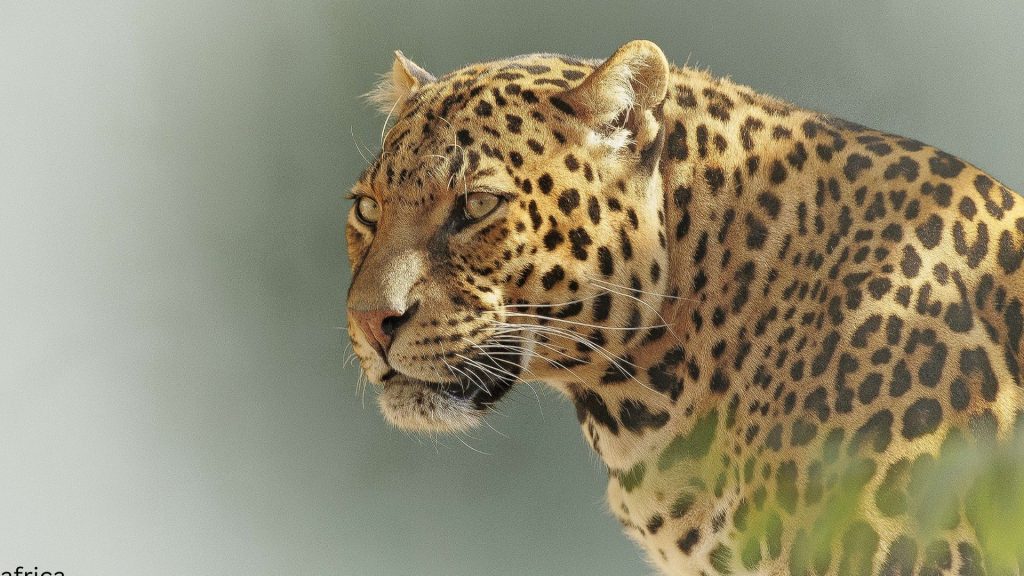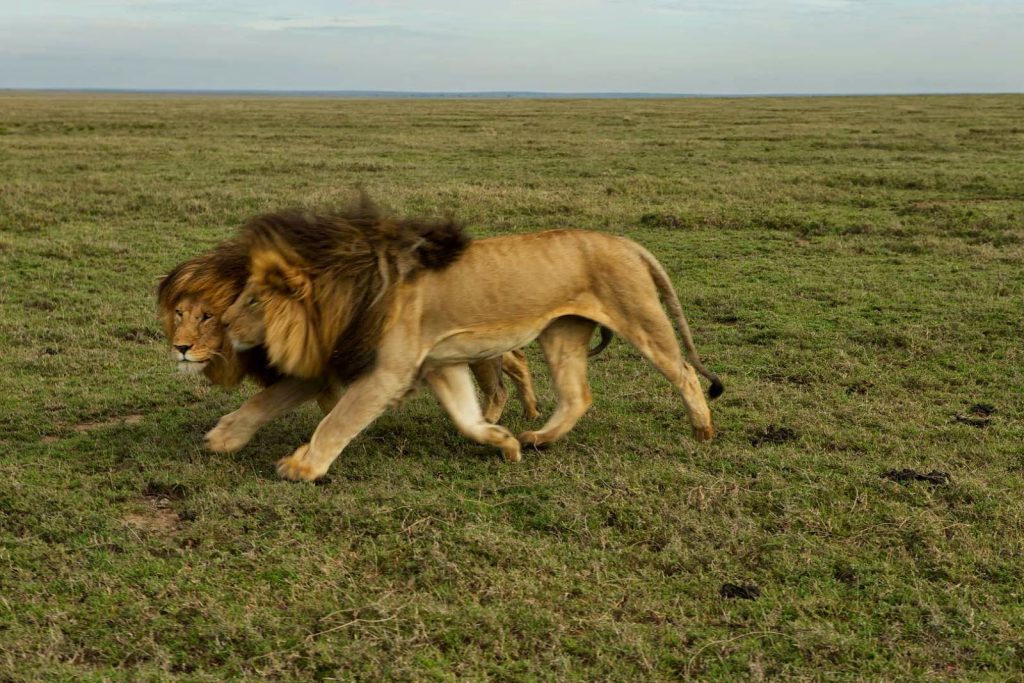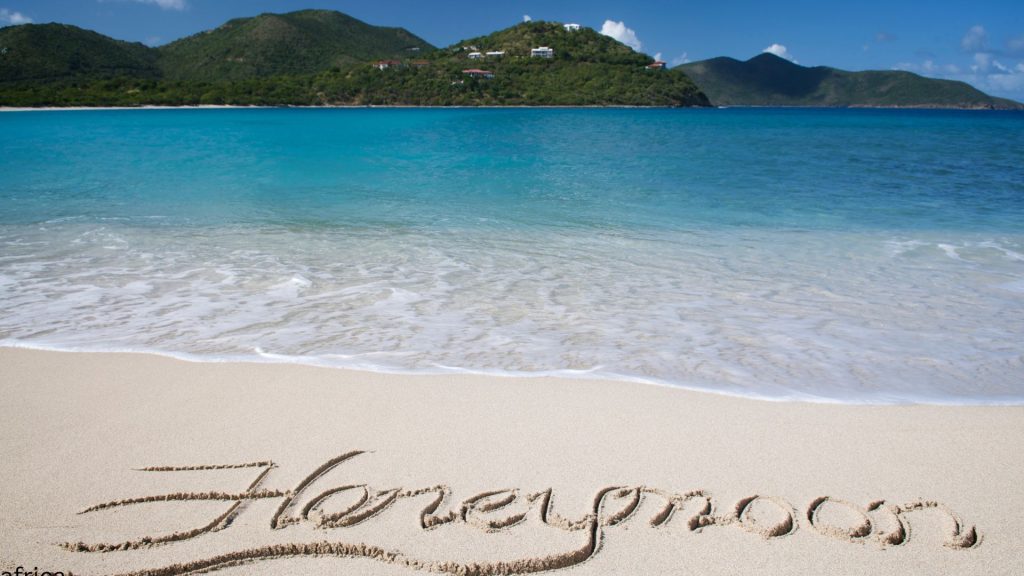Serval Wildlife Sanctuary
Explore a different way to travel
Serval Wildlife is for you! This luxury ecotourism lodge and wildlife haven is tucked away in the Siha District of Kilimanjaro, Tanzania. Explore our carefully curated ecosystem with over 3000 hand-planted endemic flora that directly benefits the exquisite animals that reside within Serval Wildlife. At the same time, you can enjoy the mesmerizing views of Mount Meru and Mount Kilimanjaro from the 5-star villas.
Currently, it is home to a variety of different animals, such as majestic African Lions, Calm Colobus Monkeys, Graceful Masai Giraffes, Nocturnal Bat-eared Foxes, Exquisite Elands, Oafish Ostriches, and Mischievous Blue and vervet monkeys! It offers unforgettable direct interactions with a variety of free-roaming wild animals.
If you want a fascinating, exclusive, and unparalleled experience, then Serval Wildlife is for you.
At Serval Wildlife, we ensure that these interactions are positive and enrich the animals as they are carefully monitored by trusted and experienced keepers who prioritize safety, animal health, and welfare. Interactions may vary daily as our animals interact with humans at their own will and guests must wait for the animal to approach, this allows our animals to interact at will and leave an interaction by simply leaving the area as they please.
Embark on an extraordinary adventure with Kiwoito Africa Safaris at Serval Wildlife Sanctuary, an unparalleled destination offering an exclusive and unforgettable wildlife experience. Unlike traditional wildlife viewing methods, our sanctuary allows you to intimately interact with animals, feeding them, petting them, and capturing incredible moments as they roam freely.
Located in the Kilimanjaro area of Siha District, just a 35-minute drive from Kilimanjaro International Airport, Serval Wildlife Sanctuary stands as the epitome of upmarket ecotourism. Our carefully managed ecosystem boasts over 3000 hand-planted unique flora species, directly supporting the diverse wildlife that calls our sanctuary home.
Stay in luxurious 4-star villas and awaken to mesmerizing Mount Meru and Mount Kilimanjaro views. As you explore the sanctuary, encounter majestic African lions, tranquil colobus monkeys, graceful Masai giraffes, nocturnal bat-eared foxes, exquisite elands, oafish ostriches, and mischievous blue and vervet monkeys.
For an unparalleled adventure, pair your safari experience with a thrilling climb up Mount Kilimanjaro. After conquering the summit, unwind in the serene ambiance of Serval Wildlife Sanctuary, just a short distance away.
Our knowledgeable keepers prioritize safety, animal health, and welfare, ensuring your interactions with the animals are enriching and respectful. As guests, you’ll wait for animals to approach, allowing authentic and meaningful encounters.
Kiwoito Africa Safaris invites you to experience the magic of Serval Wildlife Sanctuary, where every moment promises wonder and excitement. Join us for an exclusive and unmatched wildlife adventure that will leave you with memories to last a lifetime.
Where is Serval Located?
Serval Wildlife Sanctuary is located within Siha District in the Kilimanjaro Region with easily accessible roads for all types of cars to our lodge; a 35-minute drive from Kilimanjaro International Airport, 60 minutes from Moshi town and approximately 90 minutes from Arusha City.
Animals Available at Serval Wildlife Kilimanjaro
Currently, the Sanctuary is home to a wide range of creatures, including majestic African lions, peaceful colobuses, graceful Masai giraffes, nocturnal bat-eared foxes, exquisite elands, oafish ostriches, and mischievous blue and vervet monkeys. This allows for extraordinary up-close encounters with a range of wild animals that are at large.
The science behind it…
Animals have two mindsets that lead to actively seeking out behavioral interactions: survival critical interactions and situation-related behaviors. Survival critical interactions relate to genetically embedded behavioral responses such as seeking food, escaping threats from predators, and maintaining a healthy state. Once these needs are consistently met, animal behavioral interactions become situation-related behaviors. At our lodge, our animals have a healthy mental state as all their basic needs are met and significantly exceeded. As such, our animals exhibit more situation-related behaviors than survival-critical behaviors.
Do the guides and caretakers ever stop interactions?
The health and welfare of our animals are our top priority. Caretakers and guides will always keep the animals’ best interests in mind. As such, we ensure that the interactions are strictly positive and enrich the animals. If we feel that the animals are uncomfortable due to the actions of a guest or alternative circumstances, the interaction with that individual animal will be terminated.
How do you determine that the interaction remains optimistic for the animals?
Through research and various publications such as the five domains model, we have a clear framework that ensures the interaction remains positive in the following ways:
- The animal can quickly leave the interaction if it would like to
- The animal feels a sense of company and safety as there will always be a familiar staff member with guests during direct interactions.
- Guests participate in enjoyable routine activities that the animal regularly participates in
- The consistent presence of familiar humans, such as their caretakers, allows the animals to feel calm in the presence of unfamiliar guests.
Serval Wildlife Sanctuary Day Trip from Moshi or Arusha
After breakfast, your guide will pick you up from your hotel around 9:00 a.m. and drive for 1.5 hours from Moshi or 3 hours from Arusha to Serval Wildlife Sanctuary, located in the Siha District of Kilimanjaro, Tanzania. The park is home to a variety of animals, including lions, monkeys, giraffes, elands, zebras, and ostriches.
This tour offers unforgettable interactions with these free-roaming animals. You will also have an opportunity to explore an ecosystem with over 300 hand-planted endemic flora that directly benefits the exquisite animals that reside within Serval Wildlife. At the same time, you will enjoy the mesmerizing views of Mount Meru and Mount Kilimanjaro.
If you would like to spend the night at Serval Wildlife, it is an ecolodge with luxury villas that are 120 square meters in size. Each villa can accommodate two adults and two children and includes a king-size bed, a dining area, a full bathroom with double sinks, a dressing area, and an outdoor porch. The price is $950 per night, and the package includes a full board, free WIFI, and a free minibar. The rooms are all air-conditioned and run on 100% solar energy.
We take photos as a return ticket to a moment otherwise gone
Items included:
- Entrance fee
- Lunch
- Bottled mineral water
- Transportation
- Professional English-speaking guide
- Wildlife Guide



